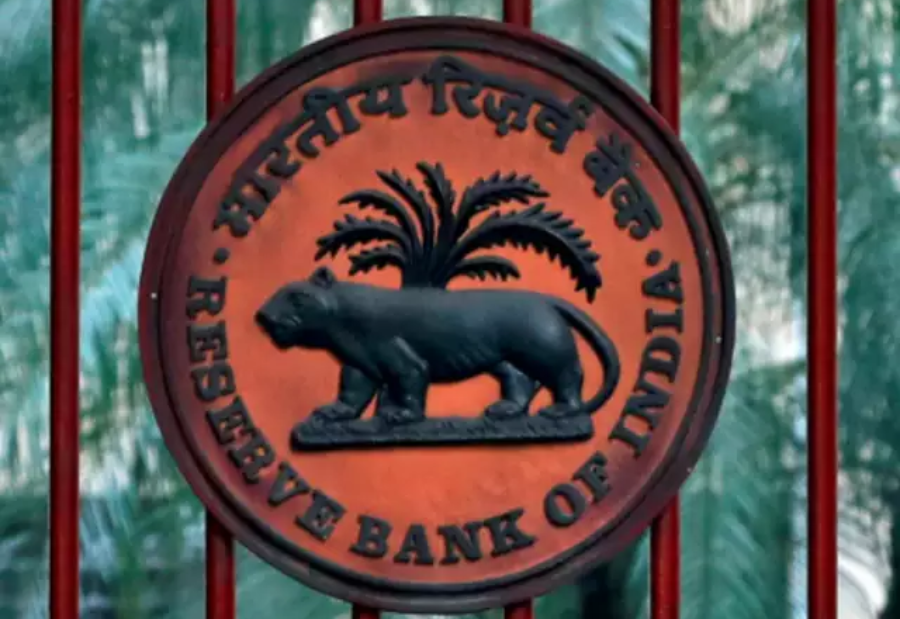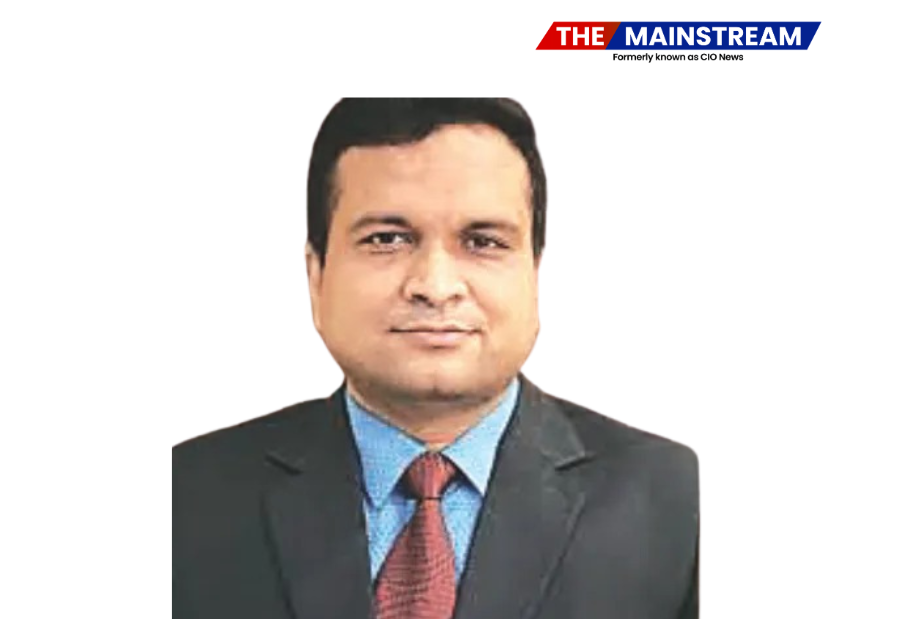In a recent move, the Reserve Bank of India (RBI) has approved a rise in ATM interchange charges, set to take effect on May 1. The new fees will see an increase of Rs 2 for financial transactions and Re 1 for non-financial transactions, impacting customers across the country.
This adjustment will have a significant effect on smaller banks, especially those with limited ATM networks. The revised charges are expected to add strain to these institutions. While banks have yet to confirm whether they will directly pass on these fee hikes to their customers, past trends indicate that they likely will. A senior bank official mentioned, “Whenever interchange fees were revised over the past 10 years, banks always passed the changes on to customers. This time will be no different, and banks are expected to hike fees for customers.”
ATM interchange fees are essentially charges paid by one bank to another for the use of ATM services, typically calculated as a percentage of the transaction amount, which is often included in the customer’s final bill.
The RBI had last revised these charges in June 2021. The new changes will increase the interchange fee for financial transactions, such as cash withdrawals, from Rs 17 to Rs 19. Non-financial transactions, like balance inquiries, will see their fee rise from Rs 6 to Rs 7.
Sources reveal that the decision to increase the fees was in response to requests from white-label ATM operators, who had expressed financial difficulties under the current fee structure. Additionally, the National Payments Corporation of India (NPCI) had sought approval from the RBI to implement the changes, which were communicated to banks on March 13.
Currently, customers in metro areas are eligible for five free transactions per month on ATMs of other banks, while those in non-metro regions are limited to three free transactions. With the new fee increase, banks with fewer ATMs may face a larger financial burden, as the increased payout to other banks is expected to be significant. A senior official from a private bank stated, “It’s a difficult situation for banks with limited ATM networks. This is because if they pass on the hike, it will upset customers, and absorbing this hike will hurt profitability.”
As the changes approach, it remains to be seen how banks will respond and whether customers will feel the pressure of these increased fees.
Also read: Viksit Workforce for a Viksit Bharat
Do Follow: The Mainstream formerly known as CIO News LinkedIn Account | The Mainstream formerly known as CIO News Facebook | The Mainstream formerly known as CIO News Youtube | The Mainstream formerly known as CIO News Twitter
About us:
The Mainstream formerly known as CIO News is a premier platform dedicated to delivering latest news, updates, and insights from the tech industry. With its strong foundation of intellectual property and thought leadership, the platform is well-positioned to stay ahead of the curve and lead conversations about how technology shapes our world. From its early days as CIO News to its rebranding as The Mainstream on November 28, 2024, it has been expanding its global reach, targeting key markets in the Middle East & Africa, ASEAN, the USA, and the UK. The Mainstream is a vision to put technology at the center of every conversation, inspiring professionals and organizations to embrace the future of tech.




